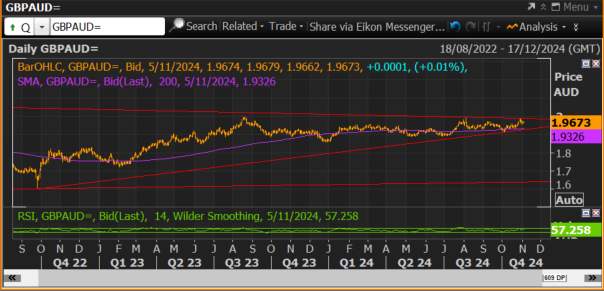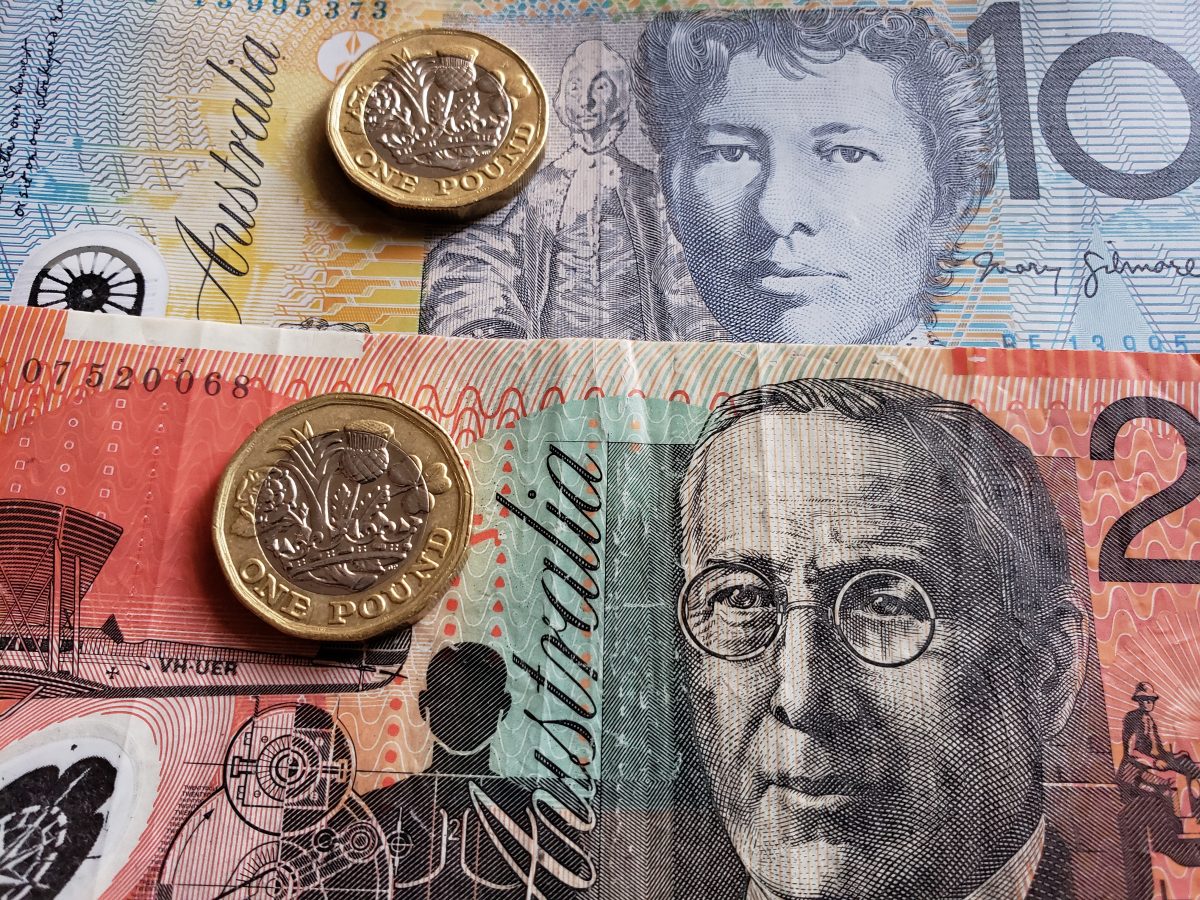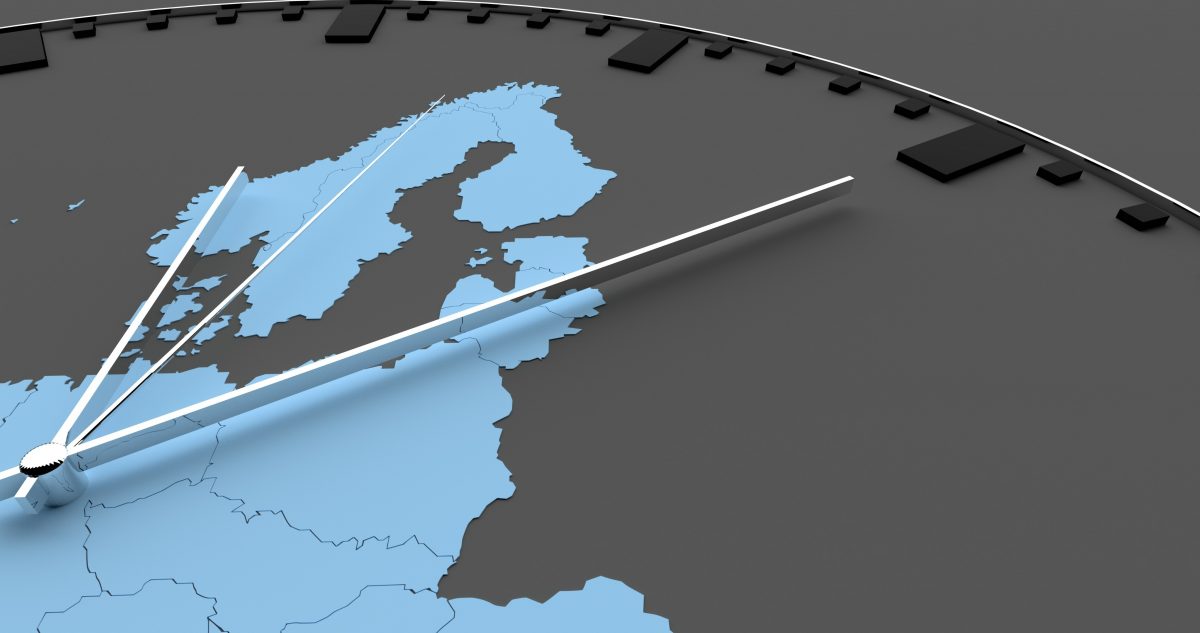Although the market is currently dominated by the impact of the U.S. elections, Australian dollar traders have the Reserve Bank of Australia’s (RBA) rate decision to consider. The market is firmly pricing in a ‘no change’ outcome, with the rate expected to remain at 4.35%. Thus, potential movement in the Aussie dollar will come from any change in guidance provided in the statement or by Governor Michele Bullock in the press conference.
Given the likely excessive volatility in the U.S. dollar over the next few sessions due to the election, traders will be eyeing Aussie crosses for fresh trend-trading opportunities. One pair that stands out for significant potential movement in the coming days is GBP/AUD, as both central banks are set to update markets on rate calls this week. While the RBA is widely expected to hold, the Bank of England is anticipated to cut rates by 25 basis points. From an interest rate differential perspective, we could see notable moves in the next couple of days. Both central banks are under similar political pressures and face cost-of-living challenges, pushing them to consider rate cuts while persistently high inflation has kept rates elevated. Thus, guidance from either bank could sway market direction.
The longer-term trade opportunity will arise with any shift in these expectations. A more dovish stance from the RBA today could propel GBP/AUD toward the key psychological level of 2.000, a level not seen in two and a half years, especially if it’s combined with a less dovish MPC (Monetary Policy Committee) statement on Thursday. Conversely, a less dovish RBA could, together with a dovish MPC, drive the pair much lower.
Key Levels to Watch:
- Resistance 2: 2.000 – Key Psychological Level
- Resistance 1: 1.9882 – October High and Trendline Resistance
- Support 1: 1.9326 – 200-Day Moving Average
- Support 2: 1.9259 – Trendline Support






